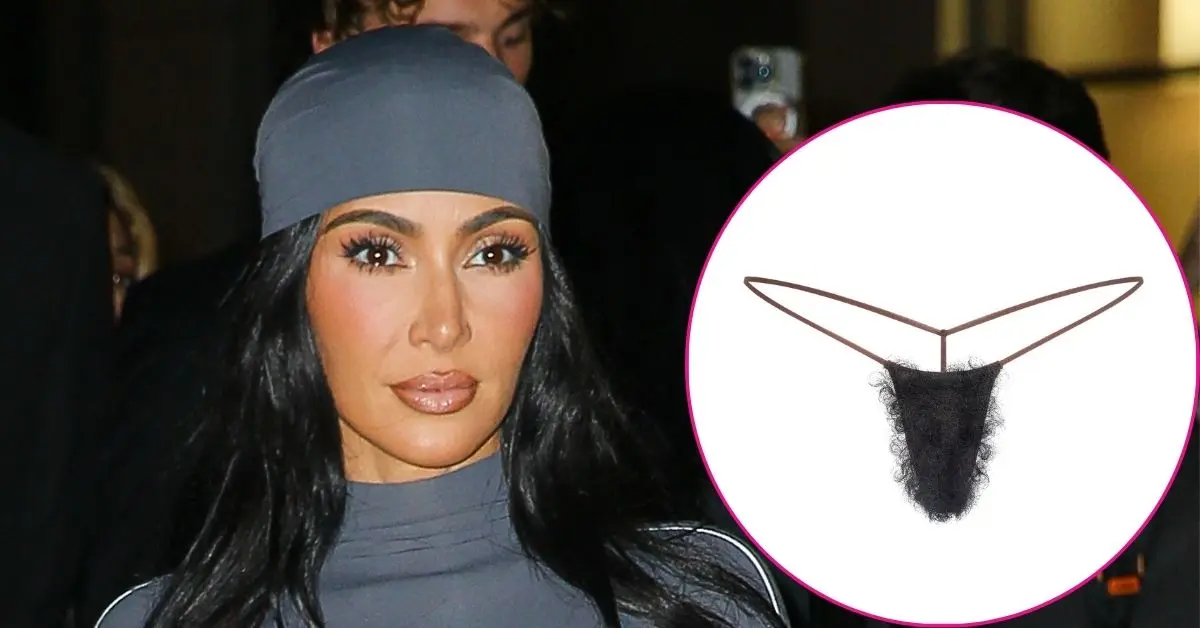In recent weeks, Ivory Coast, once regarded as a bastion of tolerance for L.G.B.T.Q. individuals in West Africa, has faced an alarming rise in violence targeting members of this community. This surge in assaults and harassment has disrupted the previously secure environment for L.G.B.T.Q. people, particularly in the bustling capital of Abidjan.
Dozens of testimonies and interviews with gay men and transgender individuals reveal a grim picture of increased aggression. These individuals have reported being attacked and beaten in public spaces, as a reaction to calls from social media influencers urging their followers to seek out and “hunt” gay men, derogatorily referred to as "woubis," a term that has unfortunately garnered traction as a label for effeminate gay men.
The rise in violence coincides with a public display of hostility in sports arenas, where fans have proudly displayed homophobic banners, celebrating derogatory terms instead of sportsmanship. Furthermore, rising political momentum against the L.G.B.T.Q. community has crystallized with the announcement from the youngest lawmaker associated with the ruling political party. He has pledged to introduce legislation aimed at "countering the expansion" of homosexuality.
Activists warn that the wave of violence and discrimination now emerging in Ivory Coast mirrors the hostile climate faced by L.G.B.T.Q. individuals in many parts of West and Central Africa, a stark departure from the historical safety the country has provided. Carlos Idibouo, a prominent Ivorian L.G.B.T.Q. activist, voiced his concerns, stating, “Ivory Coast was an oasis of peace for the community. Now we wonder, are people safe?”
This troubling trend not only casts a shadow on the rights of the L.G.B.T.Q. community in Ivory Coast but also raises broader questions about the state of human rights and acceptance in a region struggling with issues of inclusion and equality.




















